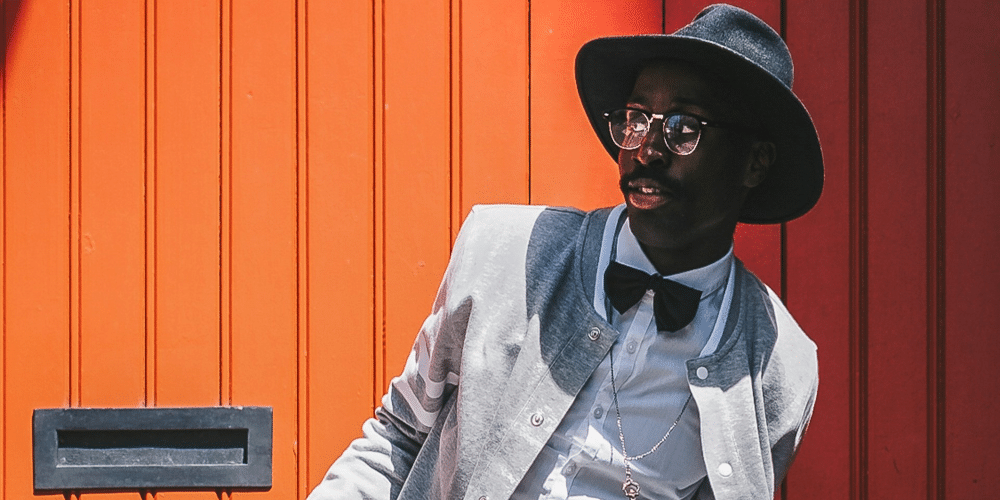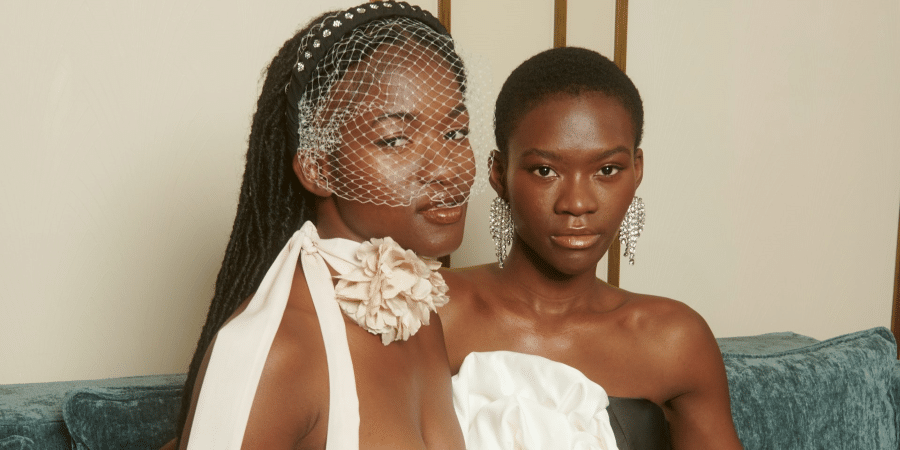Remember the days when influencers were all about perfectly curated feeds and staged vacations? Sure, those aesthetics still hold some sway, but the influencer landscape has undergone a significant shift in recent years.
One of the most exciting developments is the rise of Black influencers, who are using their platforms to challenge stereotypes, promote diversity, and empower their communities. Let’s explore why Black voices are becoming increasingly prominent online, and how they’re changing the influencer game for the better.
From the Margins to the Mainstream: Breaking Down Barriers and Building Communities
For far too long, social media platforms haven’t always reflected the richness and diversity of the real world. Black creators often struggled to gain traction, their voices drowned out by a sea of content that didn’t represent their experiences. However, a new generation of Black influencers is changing the narrative. They’re leveraging the power of social media to break down barriers, challenge stereotypes, and create spaces for authentic self-expression.
Black internet users are more likely than any other racial or ethnic group to use social media platforms daily. This creates a fertile ground for Black influencers to connect with a vast and engaged audience. They’re tackling important issues like racial justice, body positivity within the Black community, and the importance of mental health awareness.
Black influencers are also fostering a sense of community online. By sharing their experiences, struggles, and triumphs, they’re creating a space where Black users can feel seen, heard, and understood. This sense of community is particularly powerful for young Black viewers who might not see themselves reflected in traditional media. Black influencers become role models, proving that success and self-expression are attainable, regardless of background.
However, the rise of Black influencers hasn’t been without its challenges. They often face increased scrutiny and online harassment compared to their white counterparts. Additionally, brands haven’t always been quick to embrace the power and reach of Black influencers. Thankfully, this is slowly changing. As the influence of Black voices becomes undeniable, brands are starting to recognize the value of partnering with creators who can reach and resonate with a diverse audience.
Beyond #BlackLivesMatter: Showcasing Diversity and Redefining Influence
The influence of Black creators extends far beyond social activism, although that remains a crucial aspect of their work. Black influencers are showcasing the richness and diversity of Black culture, from fashion and beauty to food and travel. They’re challenging narrow stereotypes and celebrating Black excellence in all its forms.
Take a beauty influencer like Nyma Tang, for example. She’s renowned for her tutorials catering specifically to darker skin tones, something that was largely absent from the mainstream beauty scene just a few years ago. Or consider Jackie Aina, a beauty and lifestyle vlogger who uses her platform to promote self-love and body positivity within the Black community. These are just a few examples of how Black influencers are reshaping the online landscape and redefining what it means to be an influencer.
The rise of Black influencers is more than just a trend; it’s a cultural shift. Black creators are using their voices to challenge the status quo, celebrate diversity, and build vibrant online communities. They’re not just promoting products or showcasing curated lifestyles; they’re sparking important conversations, fostering self-love, and inspiring a generation.
So, the next time you scroll through your social media feed, take a moment to appreciate the diverse voices that are changing the influencer game for the better. The future of online influence is bright, and Black creators are at the forefront, leading the way with authenticity, purpose, and a whole lot of black excellence.







